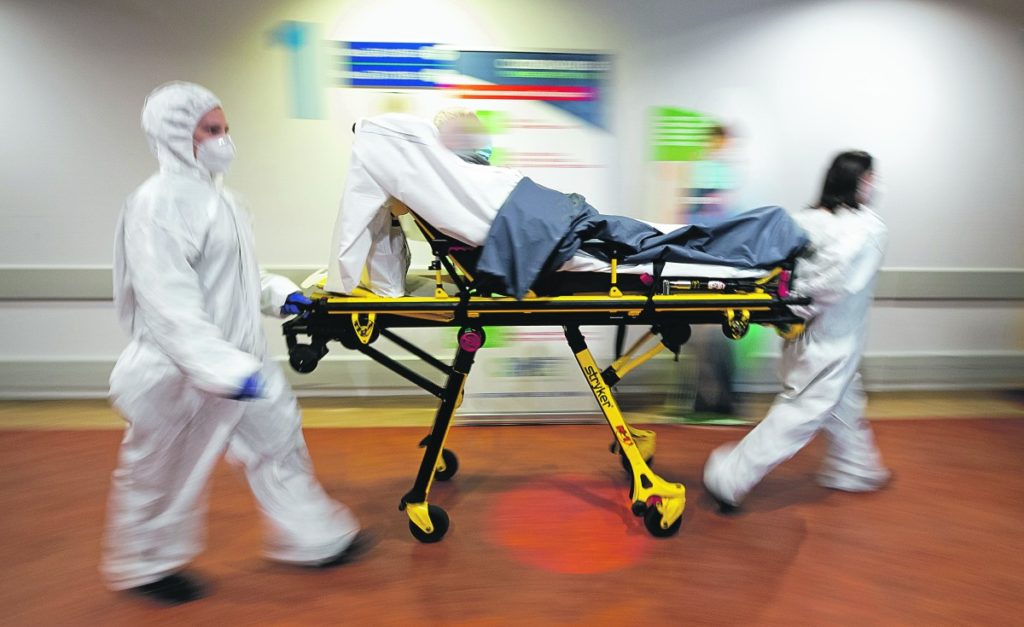As we find ourselves dealing with the Covid-19 pandemic for a longer time, researchers are continually learning more about the effects of the virus on people's health. A recent Belgian study has now highlighted the main symptoms and who is most at risk of Long Covid.
In February last year, the World Health Organisation (WHO) drew attention to the syndrome, stating that about one in ten Covid-19 sufferers remains unwell after 12 weeks, and "many for much longer." Six months later, a Belgian survey found that at least one in seven patients still experience symptoms half a year after being ill with Covid-19.
Now, a Sciensano survey has founds that half of participants (47%) reported having at least one symptom three months after their Covid-19 infection, while this was the case for 32% after six months.
Most common symptoms
Those who continued to show one or more symptoms six months after a Covid-19 infection most commonly reported feelings of fatigue or exhaustion. Other common persistent symptoms were headache (32%), memory and concentration problems (32%), muscle pain (28%), breathing difficulties (27%) and sleep disturbances (22%).
A quarter (23%) of the respondents stated that they had received a medical diagnosis of long-term Covid in the six months following infection.
"Our results show that for those who continue to suffer after six months, the negative impact on their daily lives and on their physical, mental and social health remains significant on average," Pierre Smith, a Sciensano researcher, stated.
Related News
- Working while sick becomes more prevalent since Covid-19 pandemic
- More than 100 Covid-19 hospitalisations per day, deaths still declining
Meanwhile, some 30% of participants with Long Covid (after three and six months) feel fully recovered, meaning not all those that show symptoms feel less healthy.
The study also found that some participants were more likely than others to have Long Covid at three and six months after infection, including women, individuals with a lower level of education or with a history of chronic disease, people who are overweight or obese, or people who were hospitalised due to the infection.

